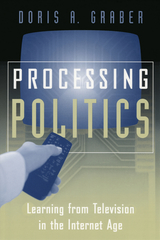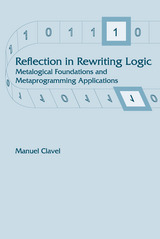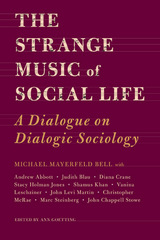
In a field choked with seemingly impenetrable jargon, Philip N. Johnson-Laird has done the impossible: written a book about how the mind works that requires no advance knowledge of artificial intelligence, neurophysiology, or psychology. The mind, he says, depends on the brain in the same way as the execution of a program of symbolic instructions depends on a computer, and can thus be understood by anyone willing to start with basic principles of computation and follow his step-by-step explanations.
The author begins with a brief account of the history of psychology and the birth of cognitive science after World War II. He then describes clearly and simply the nature of symbols and the theory of computation, and follows with sections devoted to current computational models of how the mind carries out all its major tasks, including visual perception, learning, memory, the planning and control of actions, deductive and inductive reasoning, and the formation of new concepts and new ideas. Other sections discuss human communication, meaning, the progress that has been made in enabling computers to understand natural language, and finally the difficult problems of the conscious and unconscious mind, free will, needs and emotions, and self-awareness. In an envoi, the author responds to the critics of cognitive science and defends the computational view of the mind as an alternative to traditional dualism: cognitive science integrates mind and matter within the same explanatory framework.
This first single-authored introduction to cognitive science will command the attention of students of cognitive science at all levels including psychologists, linguists, computer scientists, philosophers, and neuroscientists--as well as all readers curious about recent knowledge on how the mind works.



More and more people rely on information from television and the Internet to make important decisions. Processing Politics offers a sound, well-researched defense of these remarkably versatile media, and challenges us to make them work for us in our democracy.

This book proposes a general theory of reflective logics and reflective declarative programming languages. This theory provides a conceptual foundation for judging the extent to which a computational system is reflective. Manuel Clavel presents a proof of the reflective nature of rewriting logic and provides examples of the potential for reflective programming in a number of novel computer applications. These applications are implemented in Maude, a reflective programming language and environment based on rewriting logic that can define, represent and execute a breadth of logics, languages and models of computation. A general method to easily build theorem-proving tools in Maude is also proposed and illustrated. The book goes on to promote the notion of a "universal theory" that can simulate the deductions of all representable theories within any given logic.

The Strange Music of Social Life presents a dialogue on dialogic sociology, explored through the medium of music. Sociologist and composer Michael Mayerfeld Bell presents an argument that both sociology and classical music remain largely in the grip of a nineteenth-century totalizing ambition of prediction and control. He provides the refreshing approach of "strangency" to explain a sociology that tries to understand not only the regularities of social life but also the social conditions in which people do what we do not expect.
Nine important sociologists and musicians respond-often vigorously-to the conversation Bell initiates by raising pivotal questions. The Strange Music of Social Life concludes with Bell's reply to those responses and offers new insight into sociology and music sociology.
READERS
Browse our collection.
PUBLISHERS
See BiblioVault's publisher services.
STUDENT SERVICES
Files for college accessibility offices.
UChicago Accessibility Resources
home | accessibility | search | about | contact us
BiblioVault ® 2001 - 2024
The University of Chicago Press









